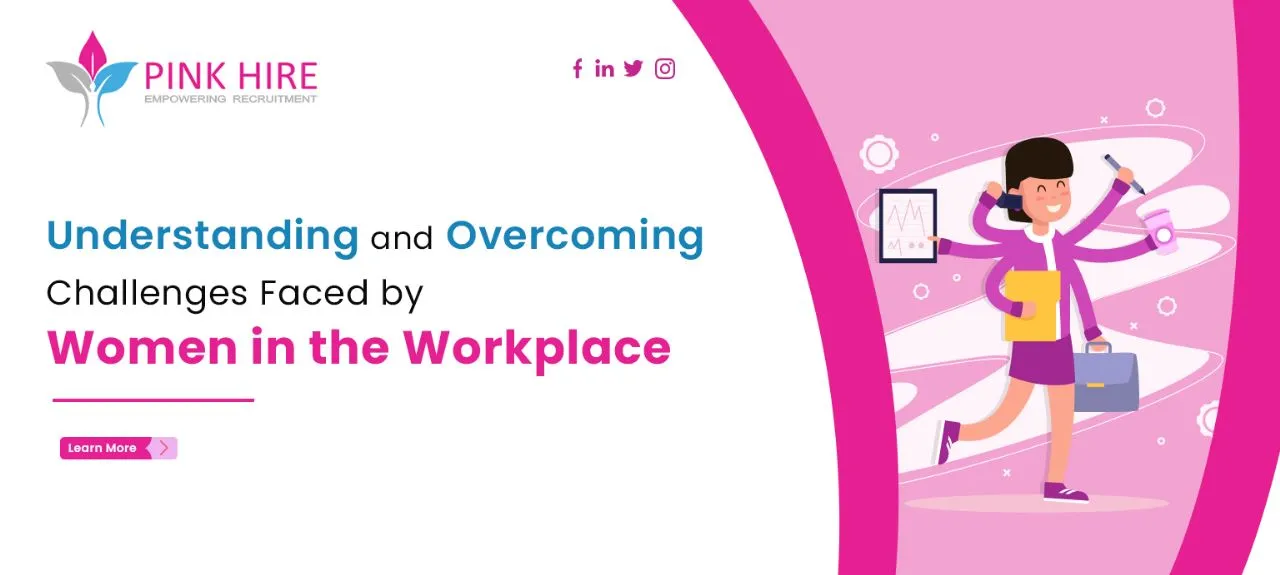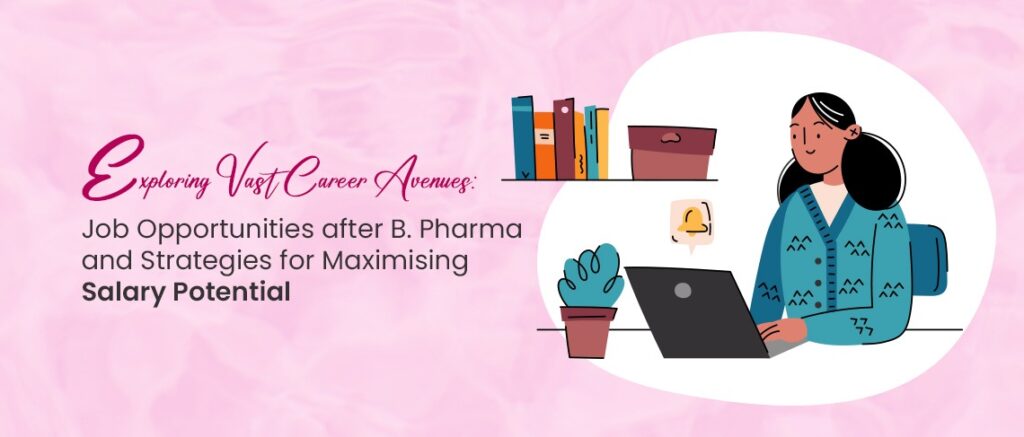Despite significant progress in recent years, women still face unique challenges in the workplace that can impact their career progression and overall job satisfaction. In this blog post, we will explore some of these challenges and provide suggestions for how to address them.
Gender Bias and Stereotyping
One of the most significant challenges faced by women in the workplace is gender bias and stereotyping. Women are often perceived as less competent and less committed to their careers than their male counterparts. This can lead to fewer opportunities for advancement and lower pay.
To address this challenge, it is important to raise awareness of gender bias and stereotyping in the workplace. Organisations can provide training for managers and employees on how to recognize and combat bias. Additionally, organisations can implement policies and practices that promote gender equality, such as offering equal pay for equal work and providing opportunities for women to advance into leadership roles.
Work-Life Balance
Women often face unique challenges when it comes to balancing work and family responsibilities. Women are more likely than men to take time off from work to care for children or aging parents. This can make it difficult for women to advance in their careers or take on additional responsibilities at work.
To address this challenge, organisations can implement policies that support work-life balance, such as flexible work arrangements, paid parental leave, and on-site childcare. By providing support for employees’ family responsibilities, organisations can create a more inclusive workplace culture that supports the needs of all employees.
Lack of Role Models and Mentors
Women may also face a lack of role models and mentors in their industries, which can make it difficult to envision a successful career path. This can be especially true in male-dominated industries, where women may be underrepresented in leadership positions.
To address this challenge, organisations can provide mentorship programs and networking opportunities for women. By connecting women with role models and mentors in their industries, organisations can help women build their confidence and develop the skills they need to advance in their careers.
Microaggressions and Harassment
Women may also face microaggressions and harassment in the workplace, which can create a hostile work environment and impact their job satisfaction and mental health.
To address this challenge, organisations must take a zero-tolerance approach to harassment and discrimination. This means implementing policies and procedures to prevent and address harassment, providing training for managers and employees on how to recognize and report harassment, and creating a safe and supportive workplace culture.
In conclusion, women still face unique challenges in the workplace that can impact their career progression and job satisfaction. To address these challenges, organisations must work to combat gender bias and stereotyping, support work-life balance, provide mentorship and networking opportunities, and take a zero-tolerance approach to harassment and discrimination. By creating a more inclusive and equitable workplace culture, organisations can help women thrive and succeed in their careers.
If your are a employer and finding best talent for your organization, contact with Pink Hire. Pink Hire is the best recruitment agency in Kolkata.




